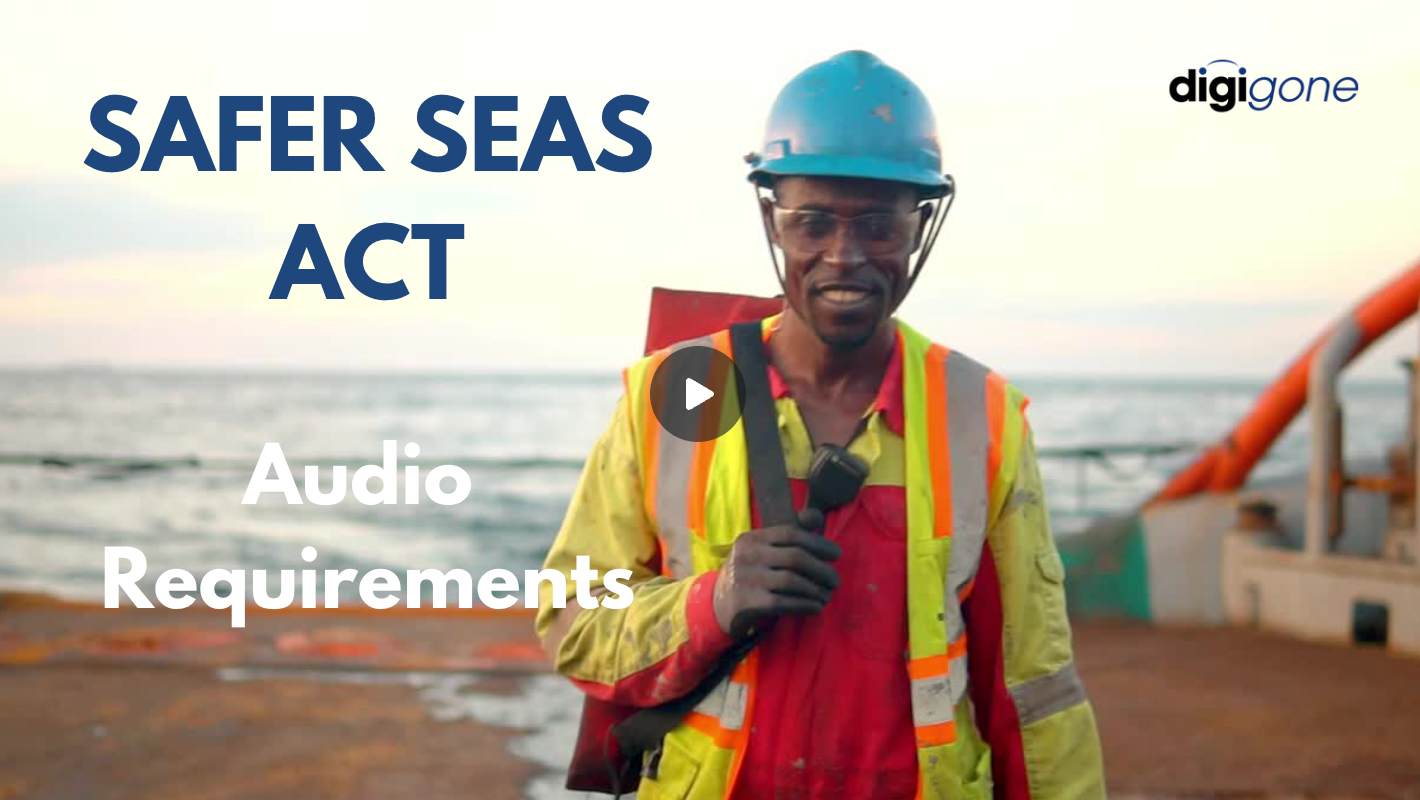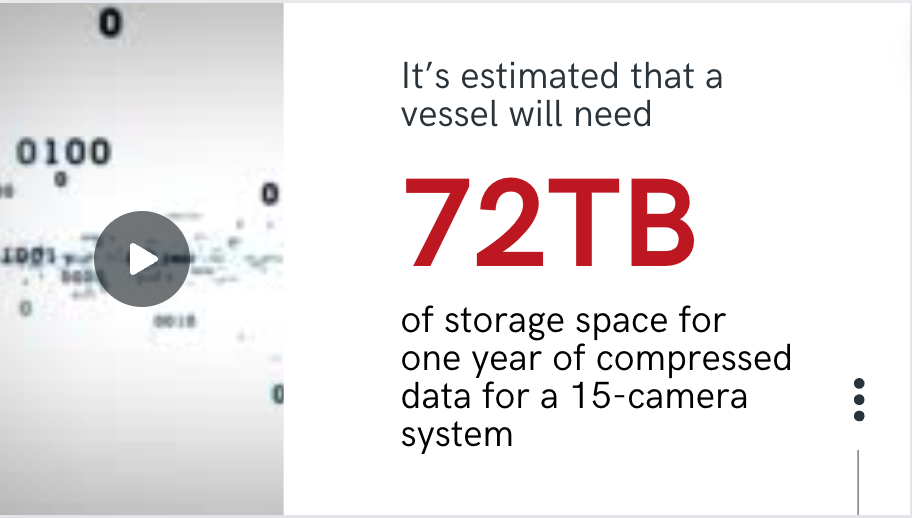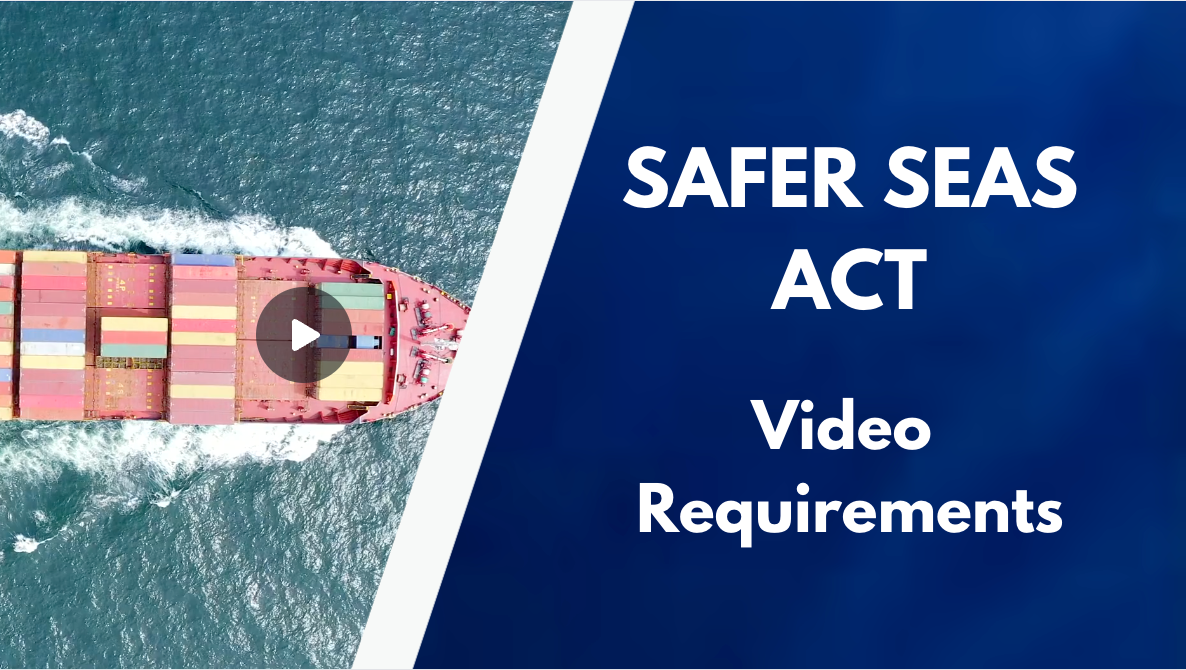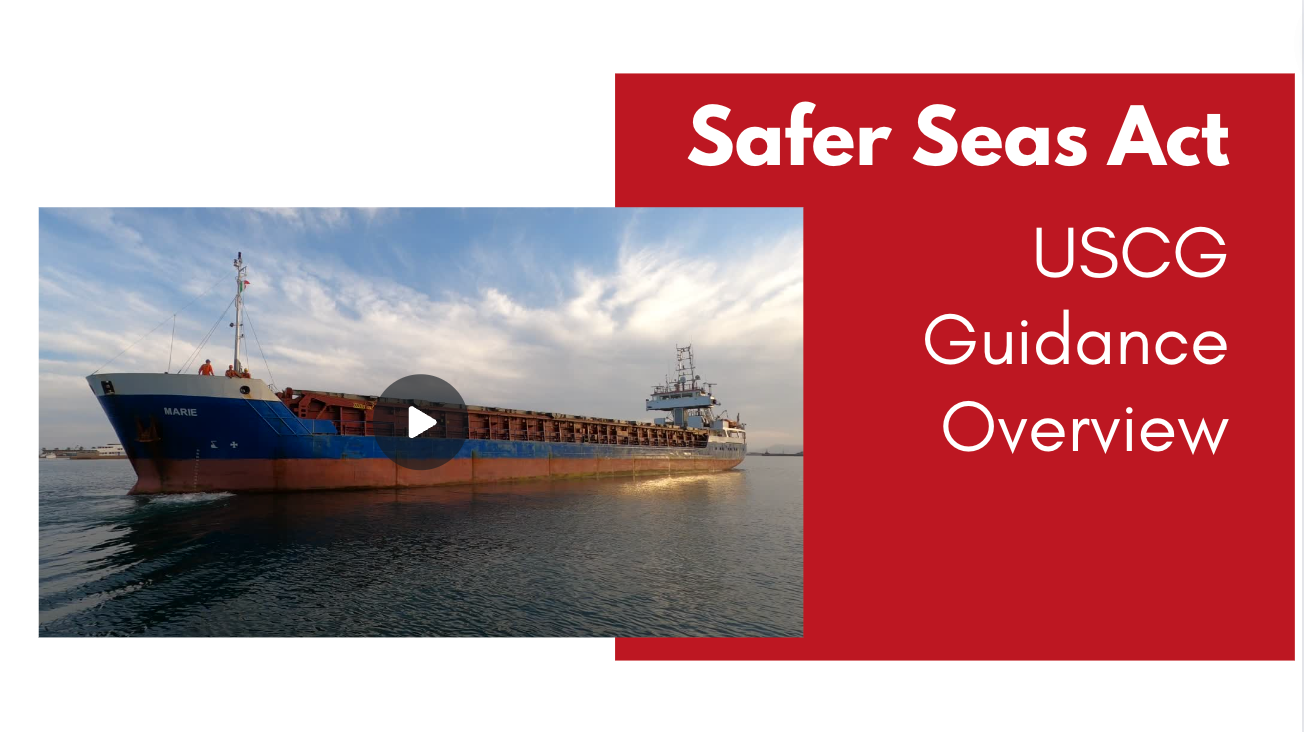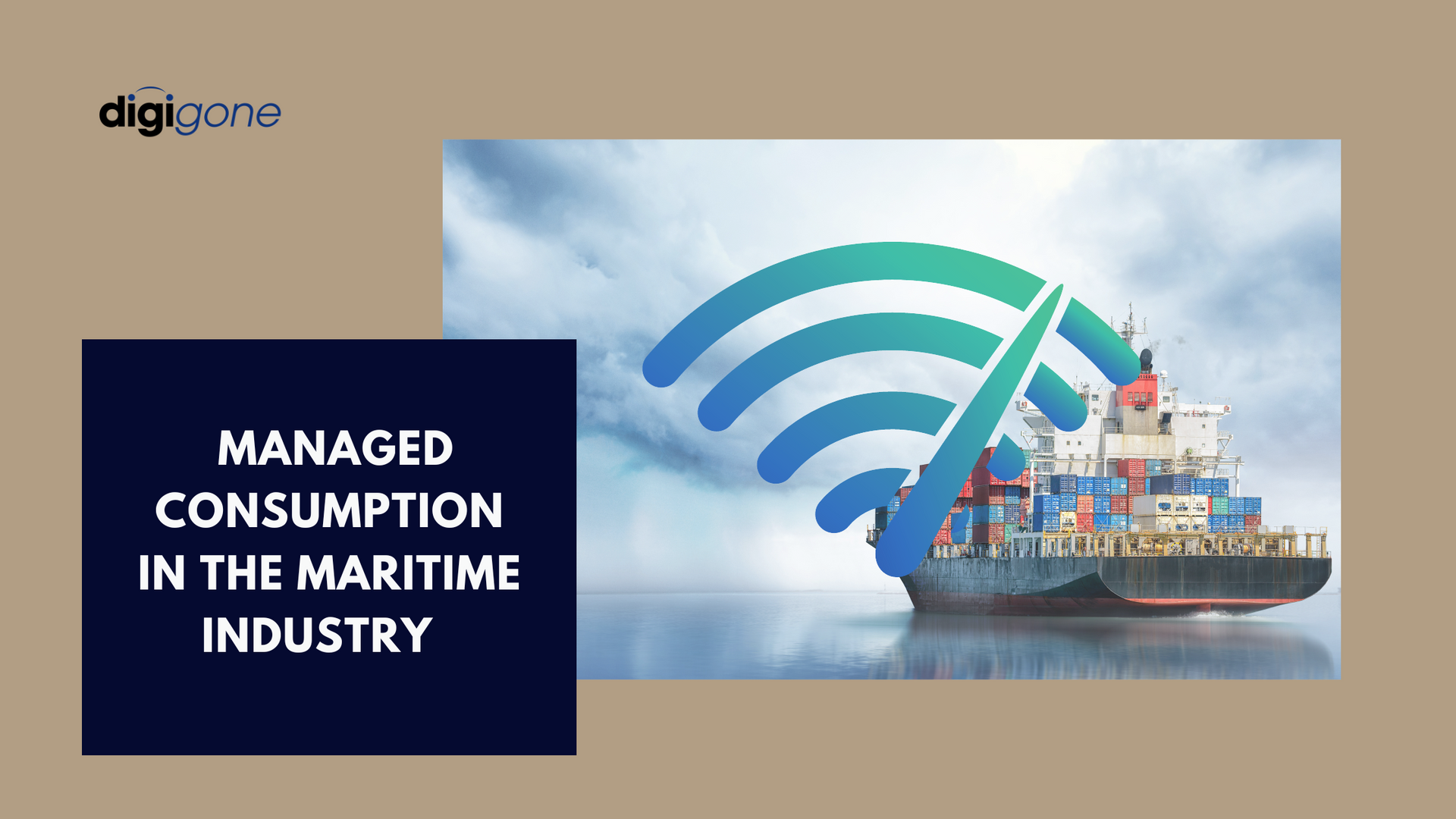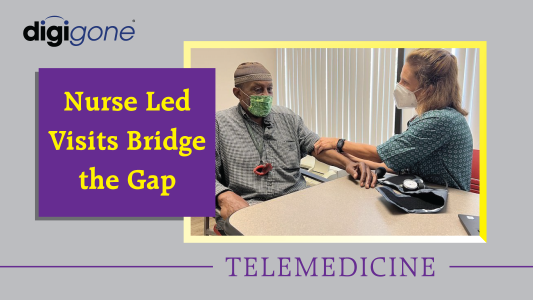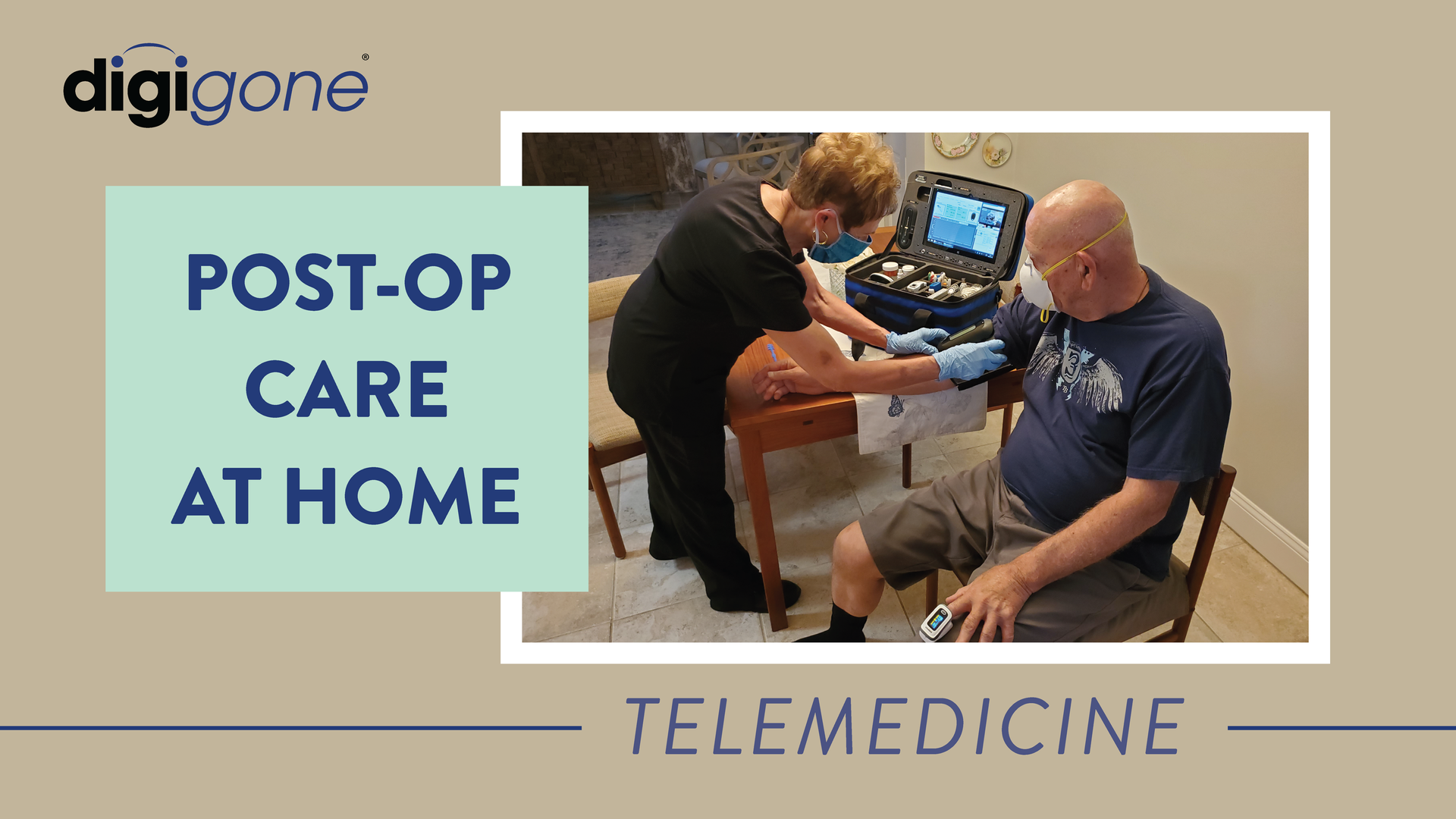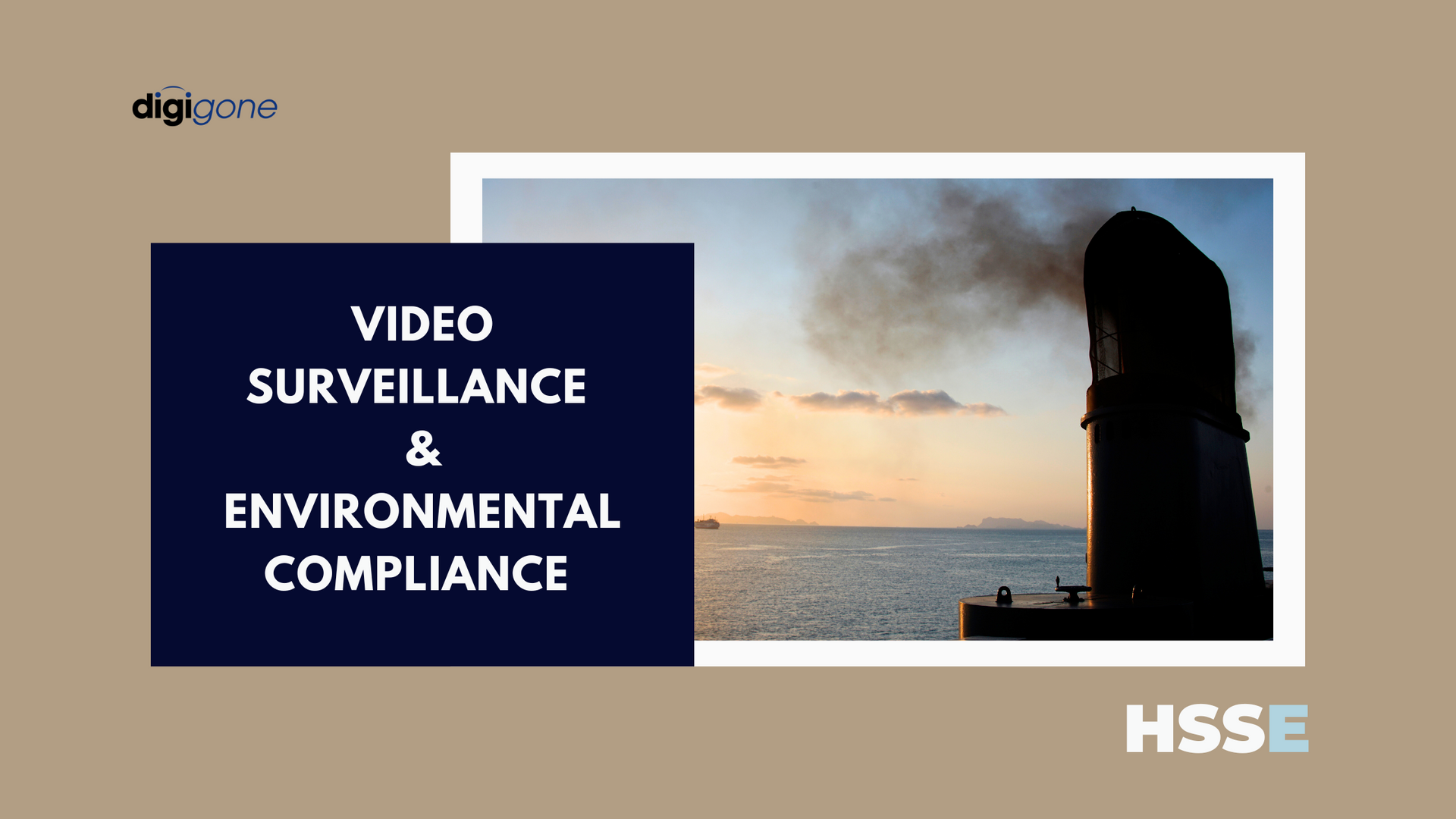Improve Access to Care With The Right Telemedicine Kit and Service
Telemedicine kits and service can be a cost-effective solution for providing medical care to patients wherever they are.
While many people take for granted that they can easily access medical care if they’re sick, hurt or injured, it’s estimated that nearly 1 in 5 of Americans live more than 10 miles from the nearest hospital.* Worldwide, the problem is even more pronounced with hospitals more likely to be found in densely populated cities while many remote areas lack access.
Proximity to medical care isn’t the only challenge; some people lack transportation, and mobility issues mean that it can be difficult to travel even short distances for medical care. In addition, many people work in remote locations, such as those related to energy production, mining, on oil rigs, and commercial shipping and fishing vessels. It can be challenging to provide timely medical care to workers in these hard to reach locations.
Telemedicine kits and service can provide a solution to these challenges, improving access to medical care for patients wherever they are.
Home Care
In recent years, numerous medical facilities, especially in rural areas, have closed due to financial constraints, consolidation and other reasons. This has exacerbated an already serious issue, leaving many people without close proximity to a hospital.
For patients who need care, the absence of a nearby medical facility can mean a 30 minute or longer drive each way to the hospital; that’s assuming that the patient has access to a car or other transportation, which is not always the case. Certain medical conditions can mean that a patient may unable to drive, and outside of urban areas, access to public transportation is often limited.
Proximity to a care, lack of reliable, affordable transportation and mobility issues are even more challenging for those with chronic conditions, as they may need to get to a medical facility frequently. How can telemedicine help to improve access to care in situations like these?
By having a telemedicine kit with the appropriate diagnostic tools, a nurse or nursing assistant can make home visits, take a patient’s vital signs, and electronically share that information with doctors or specialists anywhere. Medical professionals can conference with the nurse and patient via secure video to diagnose, treat, and follow-up to ensure optimal patient care – all without a trip to the hospital.
Remote Worksites and Maritime Vessels
For remote worksites like oil rigs, energy production or hard to reach locations, a worker with an injury or symptoms might typically have to be evacuated offsite for evaluation. Similarly, for a shipping or fishing vessel, or a yacht at sea, a crew member in need of a medical evaluation could mean possibly having to divert to a port, which can cause significant lost time and expense.
A well-equipped telemedicine kit can allow for assessment of non-emergency injuries or symptoms onsite so workers or crew members can be diagnosed more quickly. In addition, with the ability to connect virtually to doctors 24/7, workers and crew members can be evaluated, treated and monitored without the need for time-consuming and costly medical evacuations or diversions.
Having the right telemedicine kit with the necessary tools and secure connectivity allows doctors to diagnose and treat patients remotely and is a cost-effective solution to improve access to medical care, treating patients wherever they are.
About DigiGone
DigiGone® develops remote communication and medical care solutions, including telemedicine kits and service, which provide our customers with the ability to connect virtually with medical professionals wherever they are via live, encrypted videoconferencing.
*Pew Research Center, How far Americans live from closest hospital differs by community type (December 12, 2018)

